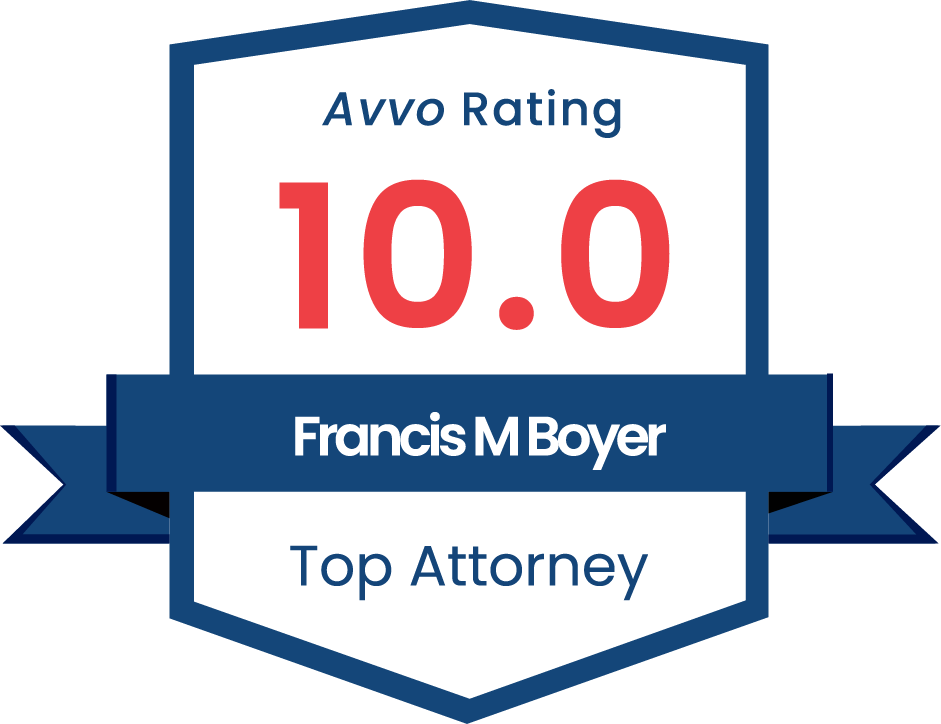

Representing Domestic and International Clients
Deceptive and unfair business practices come in many forms. Any time a competitor or rival usurps your good will or reputation, or causes confusion in the marketplace as to the source of your good or service, they have engaged in unfair competition. Also included under the umbrella term of unfair competition are trademark infringement, trade secret misappropriation, and false advertisement.
In Florida, unfair competition claims are primarily governed by state law, including common law and the Florida’s Deceptive and Unfair Trade Practices Act (FDUTPA). However, if the claim involves the misappropriation of intellectual property, like trademark or copyright, then federal law may apply. When a claim arises under FDUTPA, the law offers attorney’s fees.
Some of the unfair competition and deceptive business practices claims that we handle include:
A violation of a non-compete agreement can be when a former employee starts competing business to undercut you. Alternatively, a non-compete agreement may be an unconscionable contract if it restricts a former employee’s competition for too long or in too large a geographical area. Misrepresentation includes false representations of a product or service, such as when a company making a false claim about the quality or source of a good or service that you’re company is buying. A claim for business defamation can arise from a rival business making false claims about your business or products.
Unfair competition encompasses a range of deceptive and unethical business practices. This includes trademark infringement, trade secret misappropriation, false advertisement, and any action that causes confusion in the marketplace regarding the source of a product or service.
In Florida, claims related to unfair competition are primarily governed by state law, including common law and the Florida’s Deceptive and Unfair Trade Practices Act (FDUTPA). If the claim involves intellectual property, such as trademark or copyright, federal law may also apply.
FDUTPA is a state law that provides protection against deceptive and unfair business practices. When a claim arises under FDUTPA, the law offers remedies, including attorney’s fees.
Examples include fraud, misrepresentation, unconscionable contracts, trademark and copyright infringement, misappropriation of trade secrets, business defamation, antitrust violations, false advertising, and breach of non-compete agreements, among others.
Defending against such claims requires a thorough understanding of the specific allegations and the applicable laws. Strategies can include challenging the validity of the claim, proving the business practices were justified, or demonstrating that no actual harm or confusion occurred.